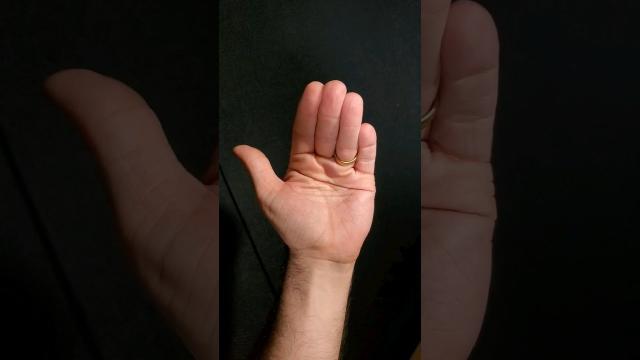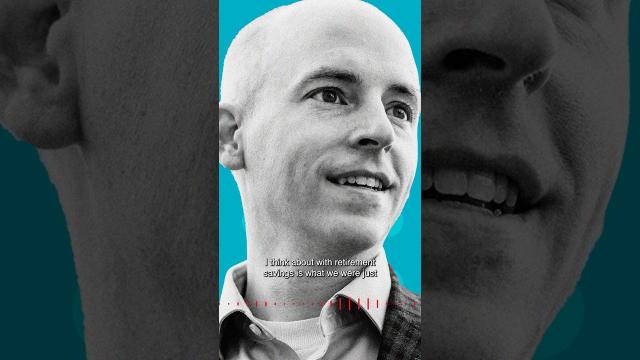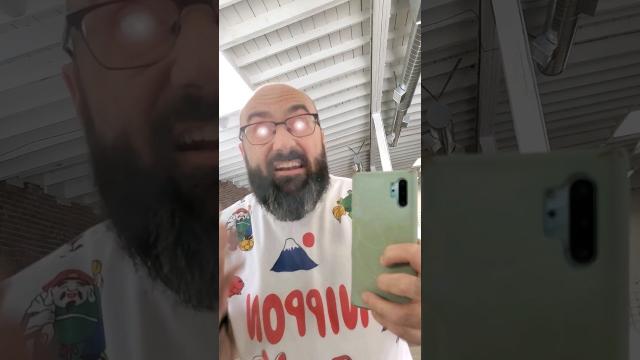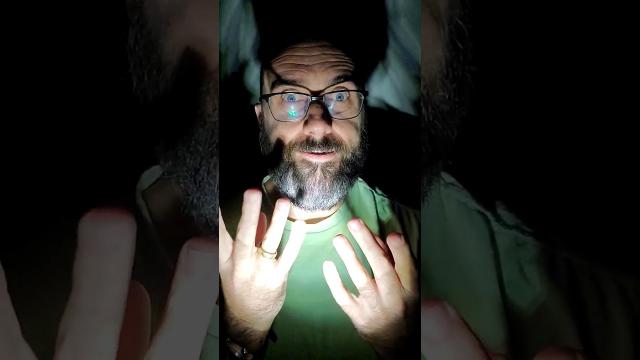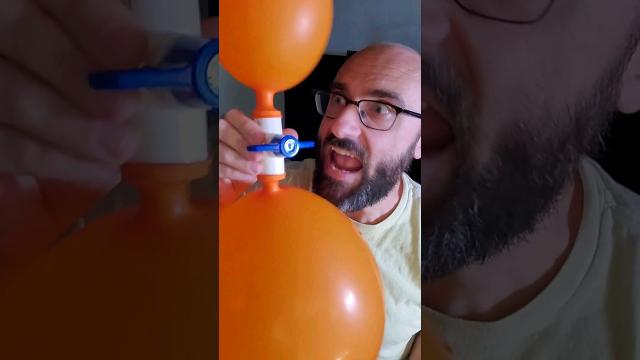Time Travel, Teleportation & Science
Time travel is the concept of moving between different points in time in a manner analogous to moving between different points in space, generally using a theoretical invention, namely a time machine. It has a commonly recognized place in philosophy and fiction, but has a very limited application in real world physics, such as in quantum mechanics or wormholes.
Although the 1895 novel The Time Machine by H. G. Wells was instrumental in moving the concept of time travel to the forefront of the public imagination, The Clock That Went Backward by Edward Page Mitchell was published in 1881 and involves a clock that allowed three men to travel backwards in time.[1][2] Non-technological forms of time travel had appeared in a number of earlier stories such as Charles Dickens' A Christmas Carol. Historically, the concept dates back to the early mythologies of Hinduism (such as the Mahabharata), Buddhism, and Islam through ancient folk tales. More recently, with advancing technology and a greater scientific understanding of the universe, the plausibility of time travel has been explored in greater detail by science fiction writers, philosophers, and physicists.
Teleportation, or Teletransportation, is the theoretical transfer of matter or energy from one point to another without traversing the physical space between them. It has a commonly recognized place in science fiction literature, film, and television, but as yet has a very limited application in real world physics, such as quantum teleportation or the study of wormholes.
Science (from Latin scientia, meaning "knowledge") is a systematic enterprise that builds and organizes knowledge in the form of testable explanations and predictions about the universe. In an older and closely related meaning, "science" also refers to a body of knowledge itself, of the type that can be rationally explained and reliably applied. A practitioner of science is known as a scientist.
In modern usage, "science" most often refers to a way of pursuing knowledge, not only the knowledge itself. It is also often restricted to those branches of study that seek to explain the phenomena of the material universe.
Source : Wikipedia
-
07:09
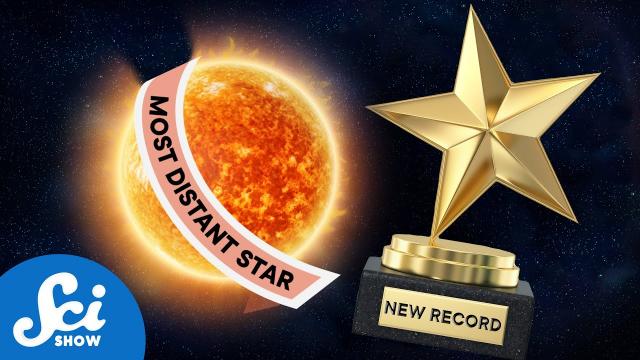
Space Superlatives of 2022
Added 142 Views / 0 LikesAs we wrap up 2022, we'd like to celebrate a few of the cosmic “winners” discovered this year, at least while they still hold their titles.Hosted by: Reid Reimers (he/him)----------Huge thanks go to the following Patreon supporter for helping us keep SciS
-
00:57

Print fully assembled, functional, multi-material robotic devices
Added 142 Views / 0 LikesA team of engineers have developed a new 3D inkjet printing system that utilizes computer vision for contact-free 3D printing, letting engineers print with high-performance materials they couldn’t use before.
-
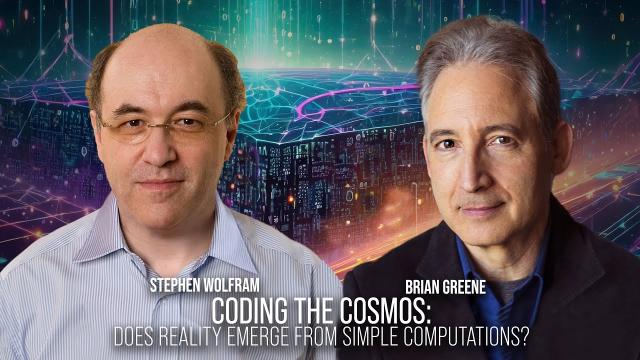
Coding the Cosmos: Does Reality Emerge From Simple Computations?
Added 142 Views / 0 LikesStephen Wolfram joins Brian Greene to explore whether the ultimate theory of the universe might emerge from a computationally simple framework.This program is part of the Big Ideas series, supported by the John Templeton Foundation.Panelist:Stephen Wolfra
-
09:40
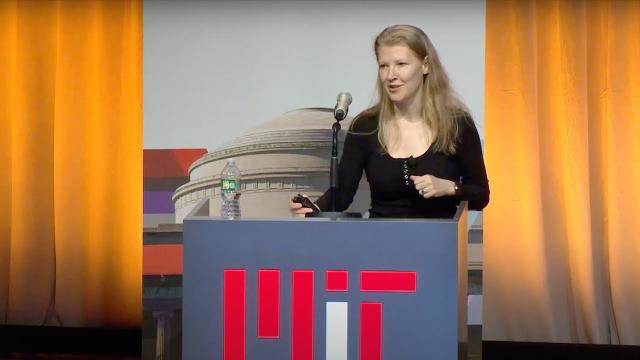
Generative AI Foundations: Ev Fedorenko
Added 142 Views / 0 LikesMIT Associate Professor and MIT Brain and Cognitive Sciences and McGovern Institute Investigator Ev Fedorenko on applying large language models to help us better understand language and the human brain.Watch more videos from MIT: http://www.youtube.com/us
-
05:09

The World at MIT: Moungi Bawendi
Added 142 Views / 0 LikesMoving from France to Tunisia to the United States as a child, Moungi Bawendi remembers he didn’t feel like he “belonged” anywhere. Much later, even his postdoctoral research on the properties of quantum dots again made him feel like “an outsider” enterin
-
07:00
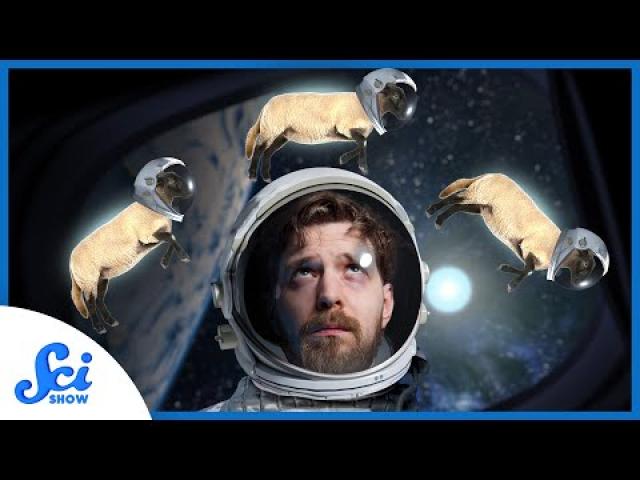
What Keeps Astronauts Up At Night?
Added 141 Views / 0 LikesThis video was sponsored by 80,000 Hours. Head to https://80000hours.org/SciShowSpace to be sent a free copy of their in-depth career guide and sign up for their newsletter.Sleep is a crucial activity for our brains to function properly. But when you’re o
-
01:01

The Word With The Most Definitions.
Added 141 Views / 0 Likeshttps://www.nytimes.com/2011/05/29/opinion/29winchester.htmlhttps://www.npr.org/2011/05/30/136796448/has-run-run-amok-it-has-645-meanings-so-far
-
1:00:29
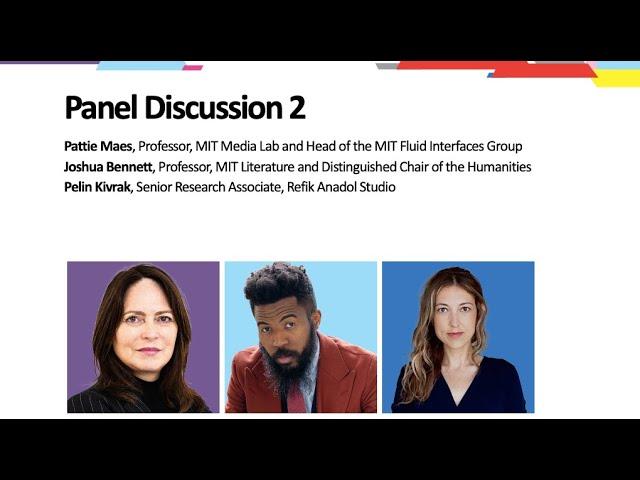
Generative AI + Creativity Panel Discussion 2
Added 141 Views / 0 LikesIn a roundtable discussion, Pattie Maes (MIT Media Lab), Joshua Bennett (MIT Literature and Distinguished Chair of the Humanities), and Pelin Kivrak (Refik Anadol Studio) explore creative, human elements and how AI can be used to supplement their effects.
-
01:19
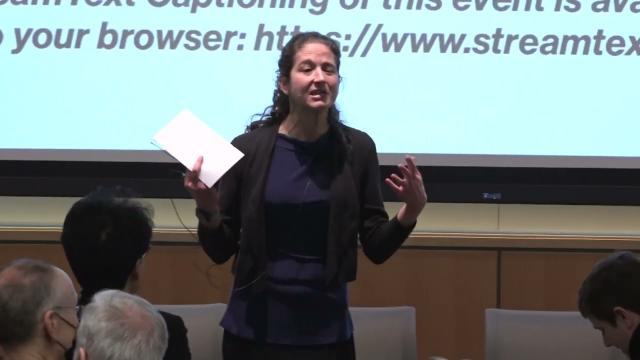
Generative AI + Health Opening Remarks
Added 140 Views / 0 LikesProfessor Elsa Olivetti introduces the structure and goals of the Generative AI in Health Symposium. Watch more videos from MIT: http://www.youtube.com/user/MITNewsOffice?sub_confirmation=1The Massachusetts Institute of Technology is an independent, coedu
-
10:23
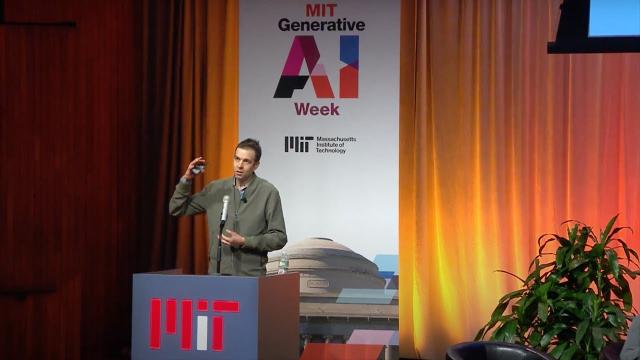
Generative AI Applications: John Hart
Added 140 Views / 0 LikesJohn Hart, Professor and Department Head, MIT Mechanical Engineering, on how AI and computing can connect design to future production infrastructure.Watch more videos from MIT: http://www.youtube.com/user/MITNewsOffice?sub_confirmation=1The Massachusetts
-
03:23
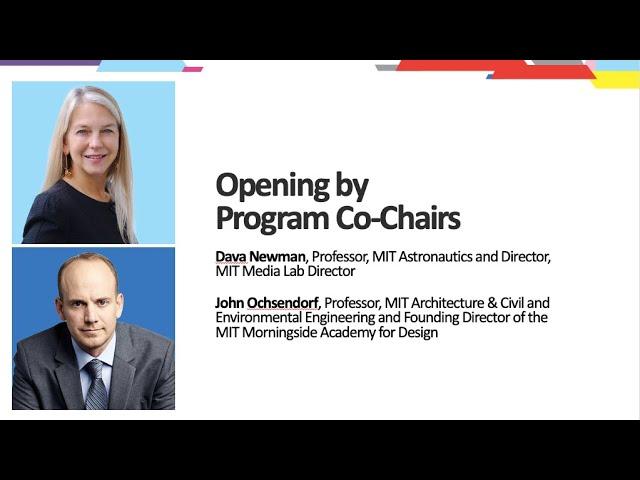
Generative AI + Creativity: Opening by Program Co-Chairs
Added 139 Views / 0 LikesProfessor Dava Newman, Director of the MIT Media Lab, and Professor John Ochsendorf, Founding Director of the MIT Morningside Academy for Design discuss the exciting possibilities of combining our creative, exploratory natures with AI.Watch more videos fr
-
06:48
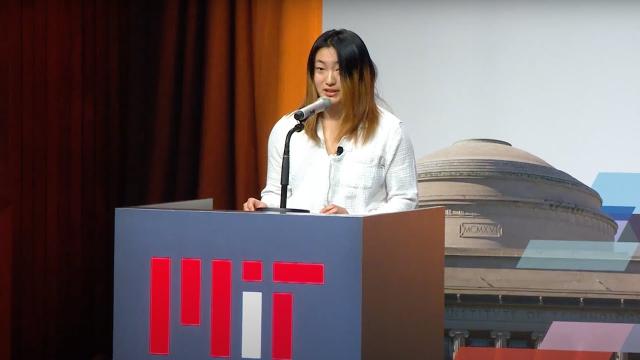
The Future is Now: Science Fiction Reading with Joy Ma
Added 139 Views / 0 LikesJoy Ma, MIT Major in Physics and Computer Science, Class of 2024, reads an excerpt from the 1925 science fiction novel “Metropolis." Watch more videos from MIT: http://www.youtube.com/user/MITNewsOffice?sub_confirmation=1The Massachusetts Institute of Tec
-
30:20
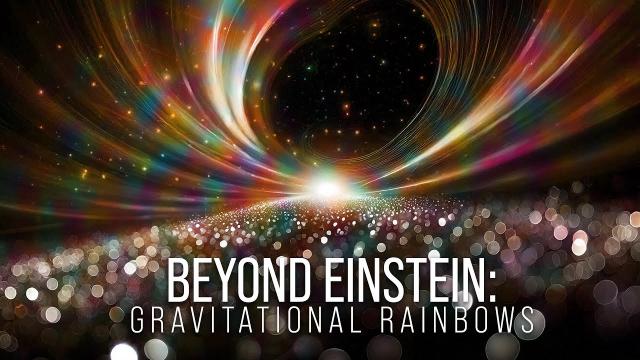
Beyond Einstein: Part One - Gravitational Rainbows
Added 139 Views / 0 LikesBEYOND EINSTEIN is a 3-part series exploring the wondrous implications of gravity pushed to the extreme, tackling dark energy, black holes and white holes. Renowned researchers join Brian Greene to discuss a range of insights–from confirmed to highly spec

